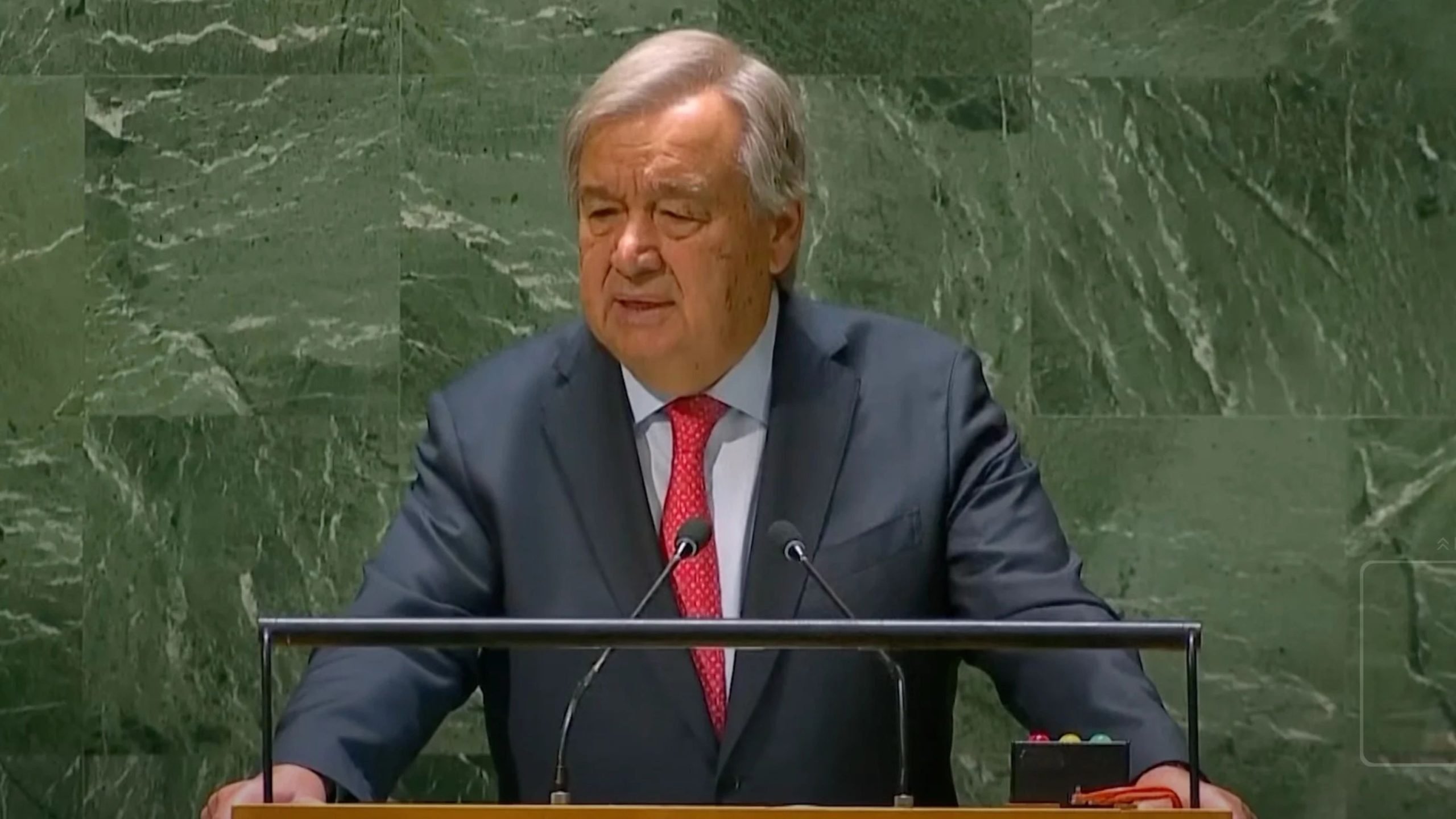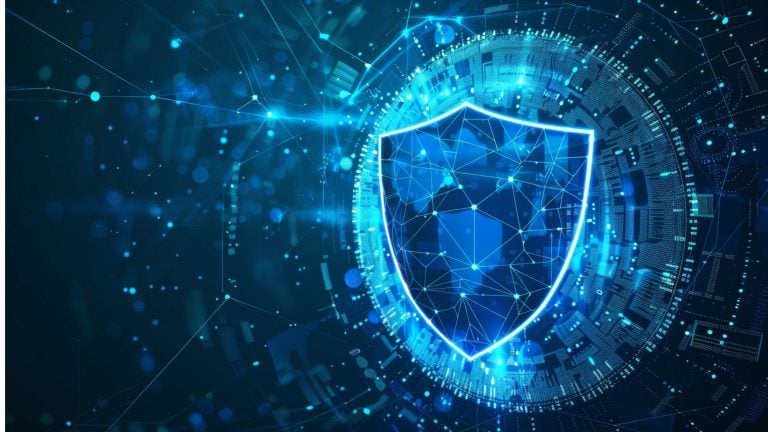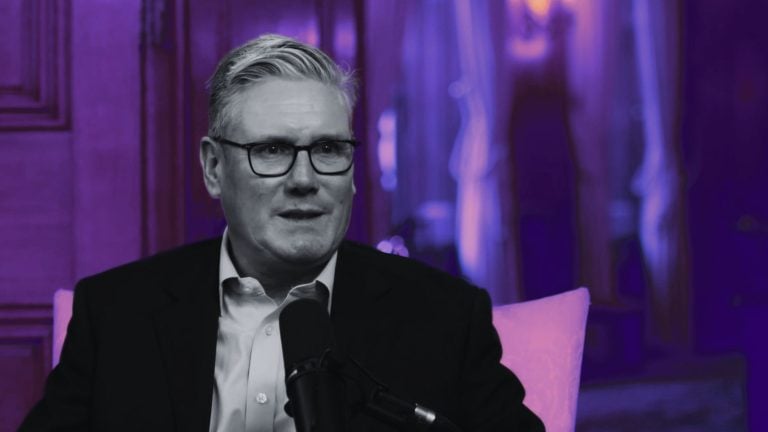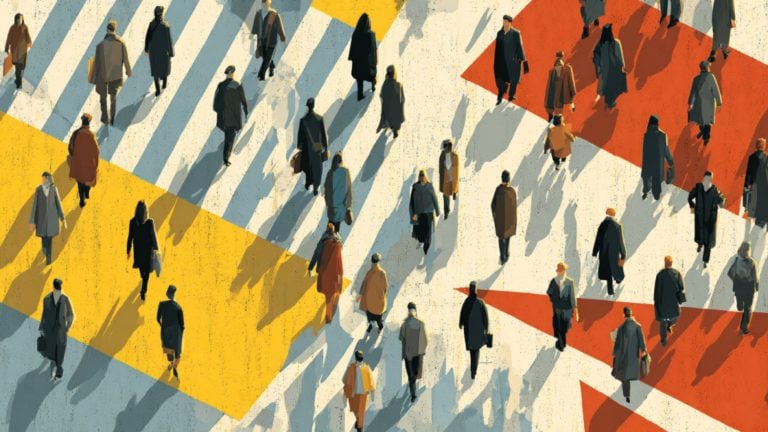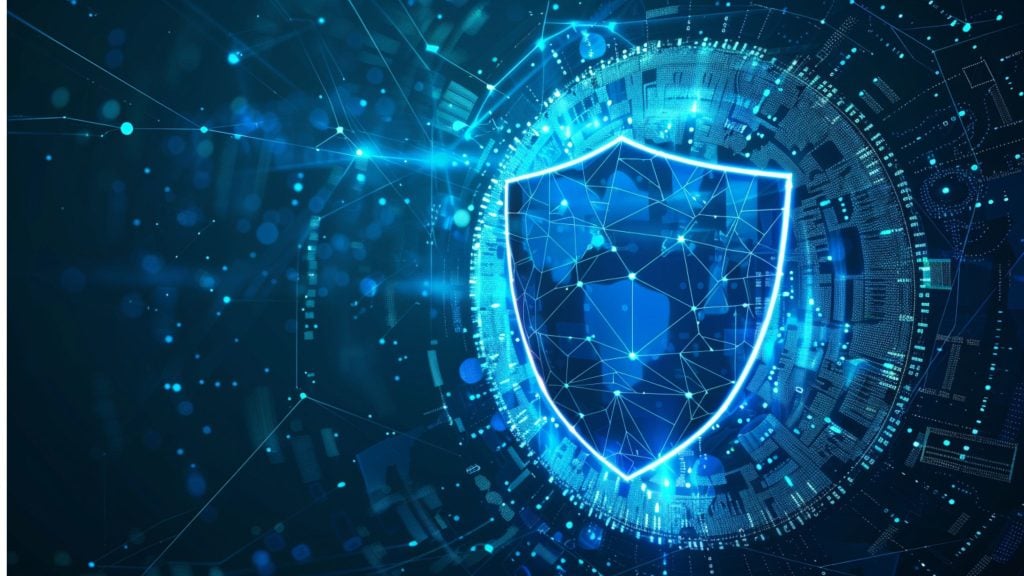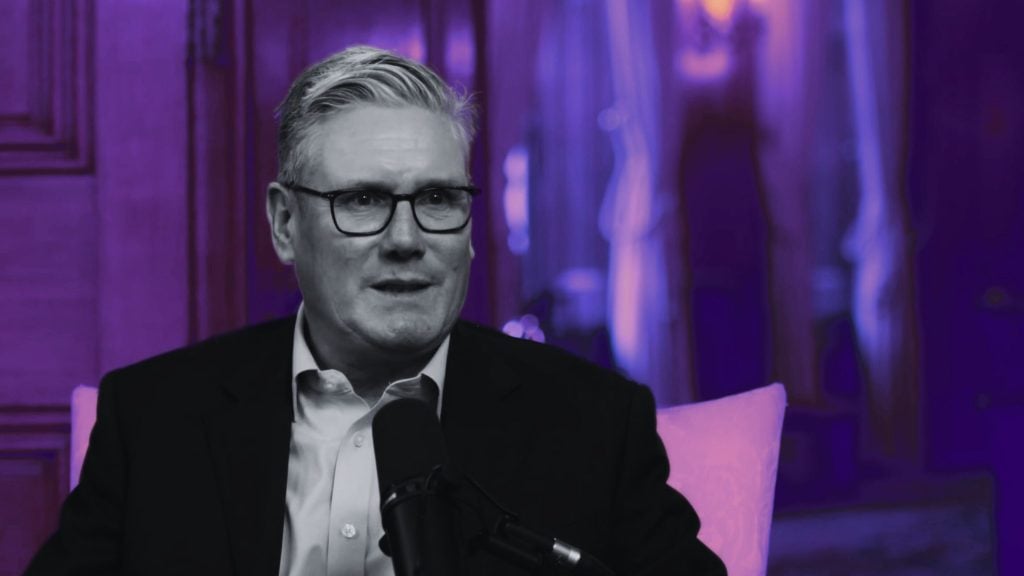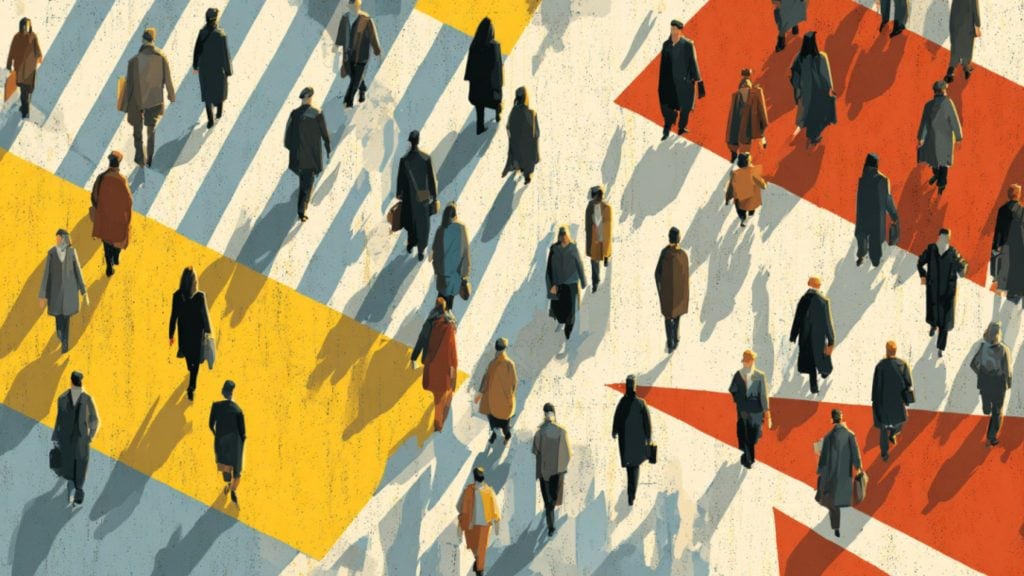A new UN-driven censorship declaration has been signed by a number of world leaders during an event in Portugal – the Cascais Declaration at the United Nations Alliance of Civilizations (UNAOC) Global Forum.
We obtained a copy of the final declaration for you here.
The gathering was addressed by UN Secretary-General Antonio Guterres, who once again reiterated his commitment to censoring online speech, bringing up the usual set of “arguments” in favor of moving in this direction.
During the address, Guterres spoke about “unchecked digital platforms and AI” and accused them of allowing “hate speech to proliferate like never before” – and did not miss the opportunity to mention “misinformation and deepfakes” in the same context.
Guterres wants Big Tech, advertisers, and media – that is, along with some governments and organizations like the UN, among the most egregious offenders when it comes to online censorship – to double down.
“Taking responsibility for their role” in spreading hate speech, deepfakes, etc., was how he phrased it.
Guterres also again pushed a UN initiative that critics say introduces algorithmic censorship and demonetization under the stated “anti-misinformation and hate speech” scope – the UN’s Global Principles for Information Integrity.
According to Guterres, these recommendations allow for “a more humane information ecosystem.”
Meanwhile, the Cascais Declaration states that the leaders who signed it are “alarmed” at what is described as a global spread, online and offline, of “disinformation, misinformation and hate speech.”
The signatories also want those to be combated while at the same time strengthening “information integrity” (without going into what that means, and how it is supposed to be achieved.)
Another of the many controversial UN schemes, the Pact for the Future, is “noted” in the declaration, and framed as recognizing the role of “reinvigorated multilateralism” and religious organization promoting a culture of peace.
However, those opposed to the Pact see yet another mechanism to usher in more censorship and surveillance.
These points about the supposed greater-than-ever dangers of AI, misinformation, etc., are nestled inside the declaration’s overall message of the need to protect a variety of human rights and cultural diversity.
Among them is the mention of “monitoring antisemitism,” but also “combating Islamophobia” – including by appointing a special UN envoy to deal with the latter task.

